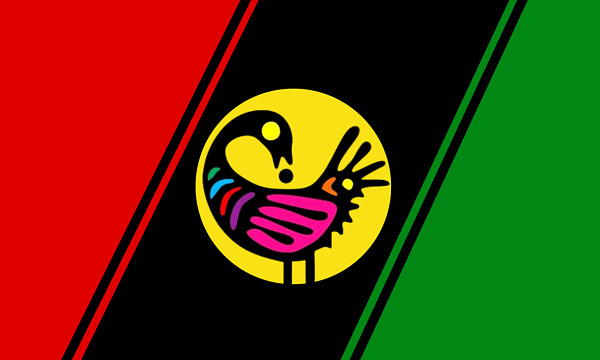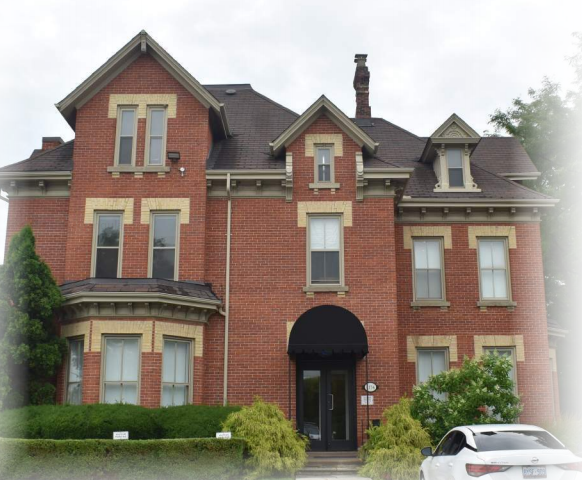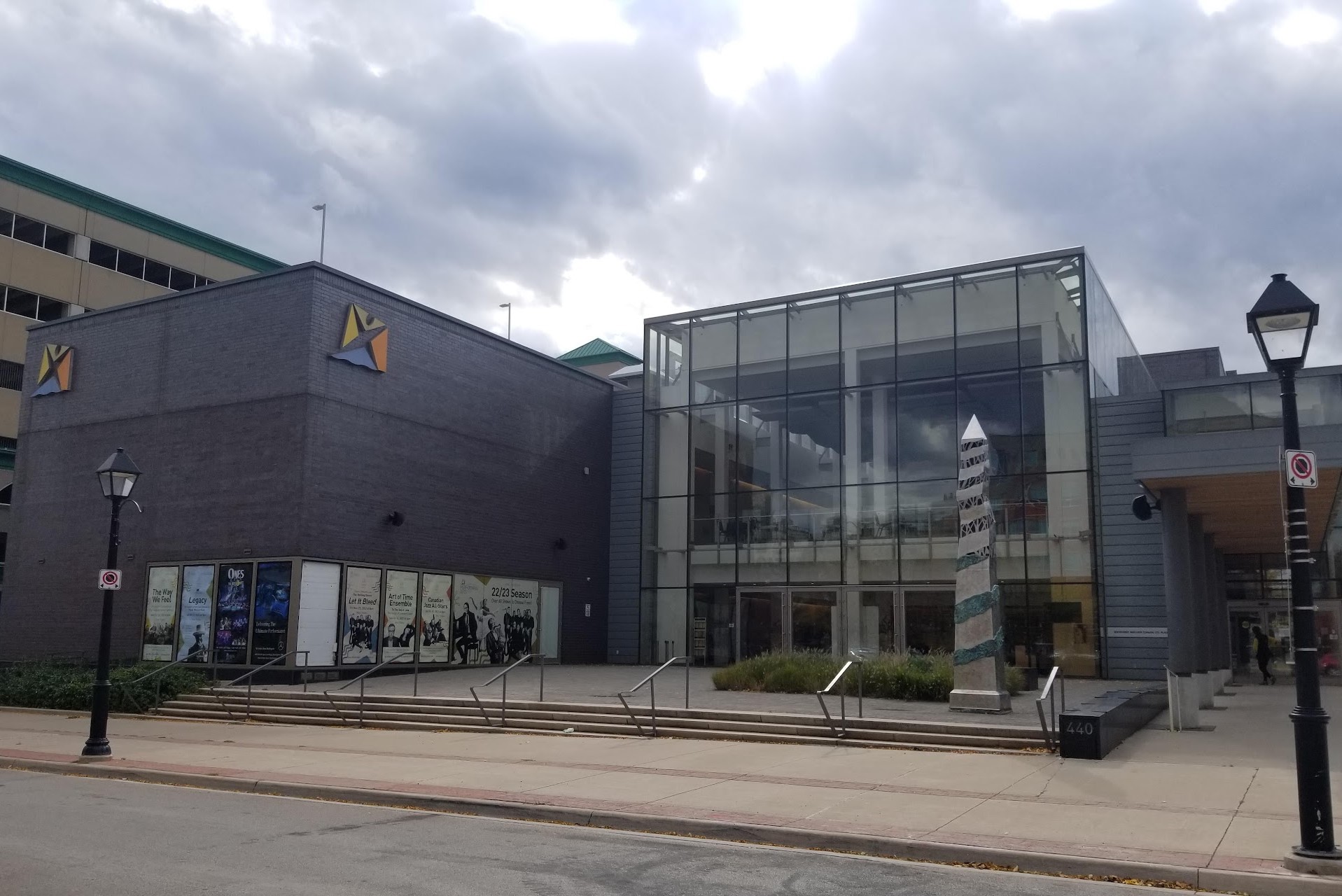Essay by Keshav Mishra, published here courtesy of the Halton Black History Awareness Society
This week, Local-news.ca presents the third winning essay from the Halton Black History Awareness Society’s 2024 essay contest for Halton secondary students, “Local Lens: Multiculturalism — Cultural Equality.” This week, we’ve got third-place winner and Georgetown District High School student Keshav Mishra’s essay. Congratulations, Keshav!
Enhancing Cultural Equality in Canada: Halton’s Past and Future
By Keshav Mishra
Heading on the path to cultural equality shows the necessity of Halton’s history, multicultural past, and surging diversity, along with effective policies and initiatives to abolish existing disparities while materializing equal opportunities for all.
Canada finds its roots in the heart of multicultural identity. Yet, achieving a cultural-equality reality is a challenge — a project that Halton, a vibrant community, is both an example of the progress made and the work still remaining to be done on the road to genuine inclusivity. This essay will delve deep into the multicultural history of Halton in terms of its current position on the map of cultural equality and suggest solutions for improvement of equity and inclusivity in the region and in Canada in general.
The history of Halton is a testimony to the diverse waves of immigrants who have contributed to the development of this region. Since early underground railroads filled with Black settlers in an attempt to run away from slavery up to the South Asian, Middle Eastern, and European dynamic communities living in Halton today, the region’s multicultural tapestries are rich and vast in variety.
Halton was an important haven for Black slaves escaping through the Underground Railroad in the 19th century. Communities such as Oakville hosted these fugitives who used the area as a safe harbour to plot their future lives in freedom. Those early Black Canadians set a rich legacy, which is manifested in cultural landmarks across this region and annual celebrations, like the Oakville Emancipation Festival.
Halton has harboured significant contributions from other immigrant groups than the early Black settlers. Every new wave of immigrants has helped to bring greater economic, cultural, and social vibrancy to the region. Whether it is the Italian and Portuguese labourers, who, through their collaboration, have erected a bulwark of infrastructure, or the South Asian and Middle Eastern entrepreneurs, whose pluck and pavé success in local small businesses that have not only re-invigorated but animated the local scene, these multicultural contributors have been integral to the growth of Halton.
As is evident through its history, Halton, like other regions, still wrestles with many issues in the cultural equality of its people. Racial discrimination, denial of opportunities, and leadership marginalization are some of these issues.
According to the latest studies and community input, Halton hasn’t been able to put an end to racial discriminations and other system-level inequities. Matters like hate crimes and subtle forms of prejudice keep emerging from time to time — mainly against the marginalized groups within the educational and professional sectors.
This is a very poor representation that minority groups hold in leading positions throughout the public and private sectors of Halton. This underrepresentation limits the availability of diverse perspectives that can frame policies and projects in a manner that is integrative and fair.
Improvement in cultural equality in Halton and Canada should be worked out through multifarious comprehensive strategies, not only at the grassroots level to audiences but also through strategies focused on root causes of inequity and those that tend to perpetuate the symptoms. Leading among the key intervention measures are educational and community steps and policy reform.
School curriculums have to include multicultural education, including the histories and individual contributions of the various ethnic groups, and articulate the nature and reality of systemic discrimination in society. Implement programs that create intercultural dialogue and understanding to increase the levels of empathy and reduce issues of prejudice among the students.
Community interconnection has to be advanced, and the difference in available support systems has to be achieved. This, for a more significant part, can be done by the disbursement of funds to cultural organizations and other required platforms for minorities in media and local governance. Diverse communities should be offered safe space to come together to celebrate their heritage and share their experiences.
Implement policies that promote equity in employment, housing, and services. This includes affirmative action programs specially targeted toward minority groups, producing public officials through diversity training as well as establishing a system of accountability for institutions that engage in discriminatory practices. Promote minority representation in governance to ensure that the aspect of diversity has been taken into account in the structuring of the future of the community.
To conclude, the path that Halton has followed to cultural equality is not one of a kind; instead, it reflects the Canadian experience that is consistent in gaining an inclusive society while being diversified. With the support of its multicultural history, tackling the disparities currently faced, and laying down proactive solutions, Halton county can be recognized at a leading level for other communities in Canada to ensure cultural equality. Embracing and celebrating diversity is not just a moral responsibility but a strength that enriches society and will take us to a more just future for all Canadians.
Sources
Halton Regional Police Service. 2023. Annual Hate Crime Report 2023. Accessed June 8, 2024.
Hill, L. 2007. The Book of Negroes. Toronto: HarperCollins.
Oakville Historical Society. n.d. Underground Railroad in Oakville. Accessed June 8, 2024.
Statistics Canada. 2022. Census Profile, 2021 Census. Accessed June 8, 2024.





